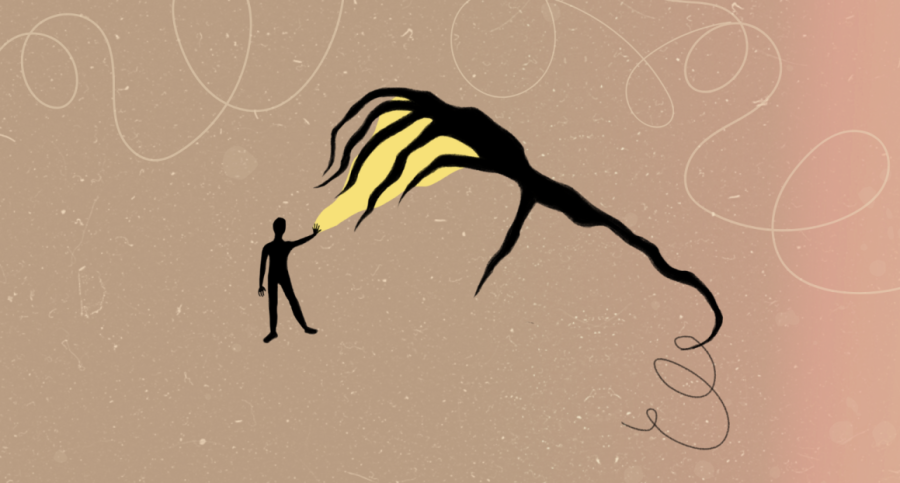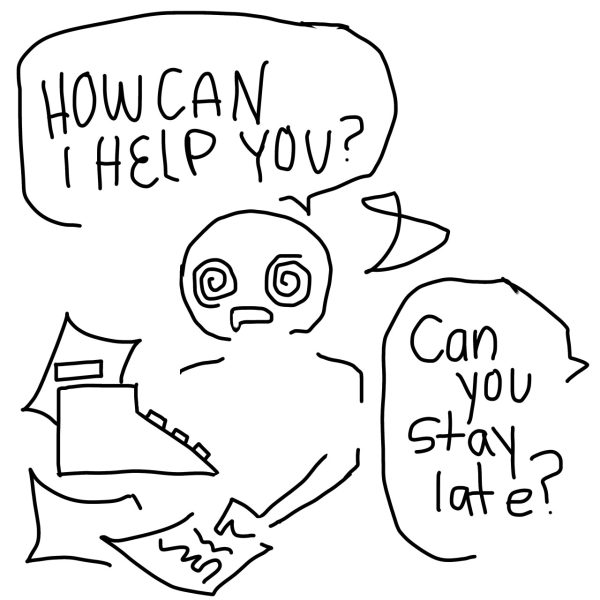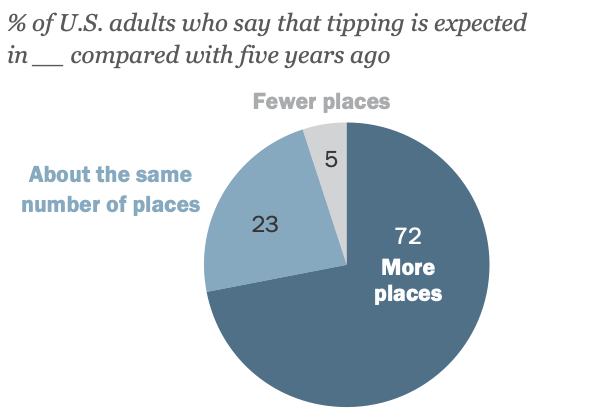Overcoming Anxiety
We all experience anxiety in different ways. There is no set formula, no “if that, then this” situation. Many of us may feel anxiety as an elevated heart rate or “butterflies” in our stomach.
Maybe you are presenting to the class—a daunting task as dozens of sets of eyes stare at you. Some sets of eyes are distant, glassy even. You know they aren’t paying much attention, but still, a lot relies on this, and you are acutely aware of the scratching of the teacher’s pen on their grading rubric. The butterflies flutter on.
For others, those butterflies are lightning bolts, electrifying every nerve, flashing and burning every possible thought into their head like lightning burns its ugly marks into the trunks of the trees it strikes. Your fight-or-flight response has gone rogue.
“Anxiety” is a term that gets thrown around often and has a plethora of various meanings and definitions. It is common in stressful situations to feel anxious or nervous about the result of something. These feelings are oftentimes dissolvable. You can do your best, accept the result, take a couple of deep breaths, and move on.
It is when those thoughts don’t dissolve and instead intensify and stick with you twenty-four-seven. That is when those anxious thoughts may fall into anxiety disorders, some of the most common mental disorders in the world.
According to mayoclinic.org, anxious feelings become anxiety disorders when that feeling of nervousness intensifies to the point where it interferes with daily activities and quality of life. It is uncontrollable or unreasonable when put into perspective the actual danger you are in. It causes those battling it to avoid certain situations that they know will make them anxious. After all, who wants to willingly put themselves in that mindset?
We feel anxiety differently because we are all uniquely human. As a result, there are many forms of anxiety disorders, including generalized anxiety disorder, something I have been diagnosed with and have battled for so many years now. Other anxiety disorders include panic disorder, separation anxiety disorder, social anxiety disorder, and agoraphobia, to name a few. Keep in mind that what you feel may not fall perfectly under one category alone.
Regardless of how you feel anxiety, there are ways to manage it. Of course, you have mental health professionals and prescription medication to assist with an overactive mind. The availability of those resources is crucial when it comes to anxiety and other mental health treatment. There are also self-help methods you can utilize in addition to these resources to help tackle and manage your anxiety.
I have found that facing what is making me anxious head-on has made a world of difference in my everyday life. Of course, that is far easier said than done. Those with anxiety often avoid any and all situations that would make them feel anxious, so why would they put themselves in a negative situation? Though it seems impossible to do so, working up to and finding the strength to put a rift in that pattern of avoidance is beyond beneficial.
Because everyone experiences anxiety in varying intensities, the steps it takes to get to that point will vary. My advice would be to start with small steps. You don’t have to go from battling social anxiety and not talking in class to forcing yourself to audition for that lead role in the musical you’ve always dreamed of. In fact, you shouldn’t do that. That big leap may be overstimulating and counterproductive in the end.
Instead of running away, self-reflect. What is it exactly that you want to achieve? What is it about the thing that is making you so anxious? Is it one element or the entire thing? Are there little elements about this thing that you find joy and peace in? What if you started there? How can you break this task, goal, or event down? How can you amplify the joy you find in it? Whatever you do, take time to reflect on yourself and your skills. Pinpoint exactly what you are avoiding. This is crucial to take steps forward.
You will gain your footing when you pick situations apart and identify precisely how you feel about each element. This allows you to clear your mind of that fog bank of anxiety and see the situation with clarity. It will still scare you, but seeing and understanding this daunting task gives you the footing to take those tiny steps toward it rather than leaping away from it.
Knowing that you can’t run away from anxiety-triggering situations forever is a hard lesson to learn. The ability to come to terms with this fact is a crucial skill to build on and carry with you as you inevitably face more of these types of situations throughout the rest of your life.
If anxious minds sit in those anxious thoughts, those thoughts will control your life. Eventually, you will realize that you have to do something. Anxious minds are often not only anxious about doing things but are anxious to do things. This creates a contrasting dynamic that is difficult to push through, so we get stuck. I’m not saying the things you are avoiding are not truly daunting or anxiety-inducing, they absolutely are, and your anxious thoughts are valid. I know that they are; I’ve grappled with this dynamic for years. It comes back to breaking the task down and centering yourself on what you want to or have to do.

Escaping the patterns and continuities your mind is constantly feeding you takes mental strength, reflection, and perseverance. As strange, scary, and unreasonable as it sounds, you should take steps to face your anxiety head-on. It’s easy to be non-confrontational towards your anxiety, but finding the courage to think about the situation differently is a breath of fresh air and shows strength beyond measure.
Facing my anxiety restored an enormous amount of confidence in myself. Realizing that I could successfully guide others, be a confident leader, and play that daunting solo piece was one of the best feelings in the world. Taking small steps and putting myself out there little by little guided me to find joy in what I was passionate about. Allowing that joy to lead me through that internal lightning storm has brought me so far. The sense of peace these small realizations presented me was euphoric.
Undoubtedly, this is a slow process. You aren’t going to have the energy to step up to your anxiety every day. Some days you are going to have to step back; some days, you are going to have to walk away. That’s okay. Yet, remembering that you can step back up, you can achieve your goals, and you can conquer the seemingly unconquerable shows strength beyond measure. Your anxious thoughts do not have to control you.








